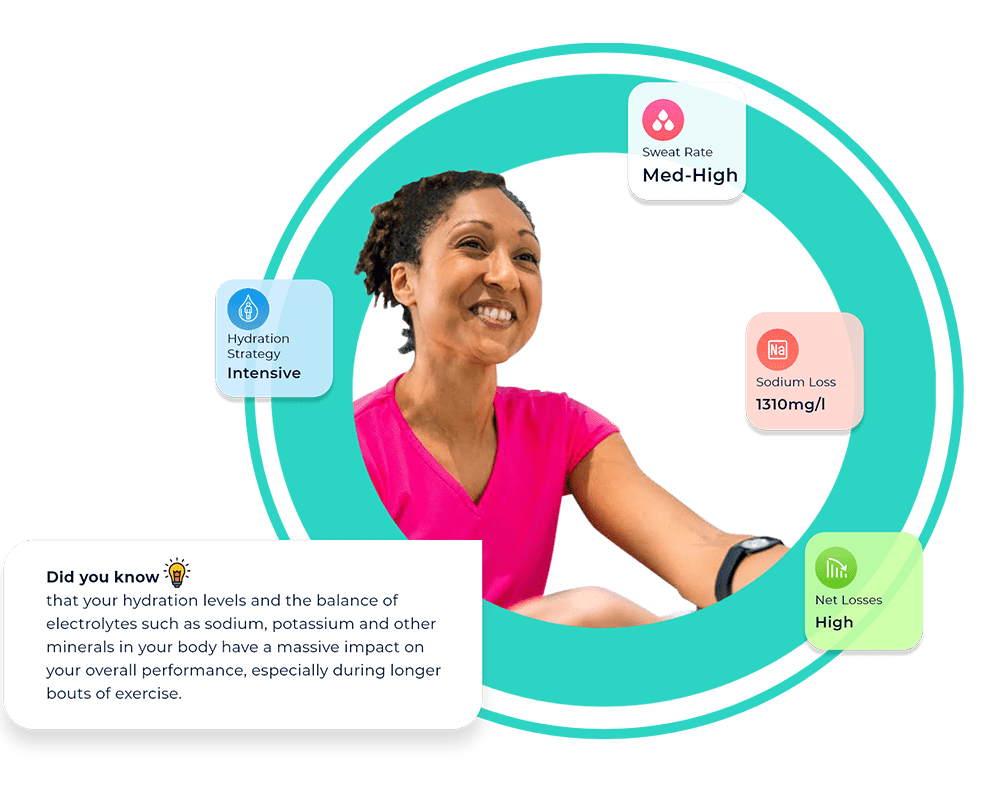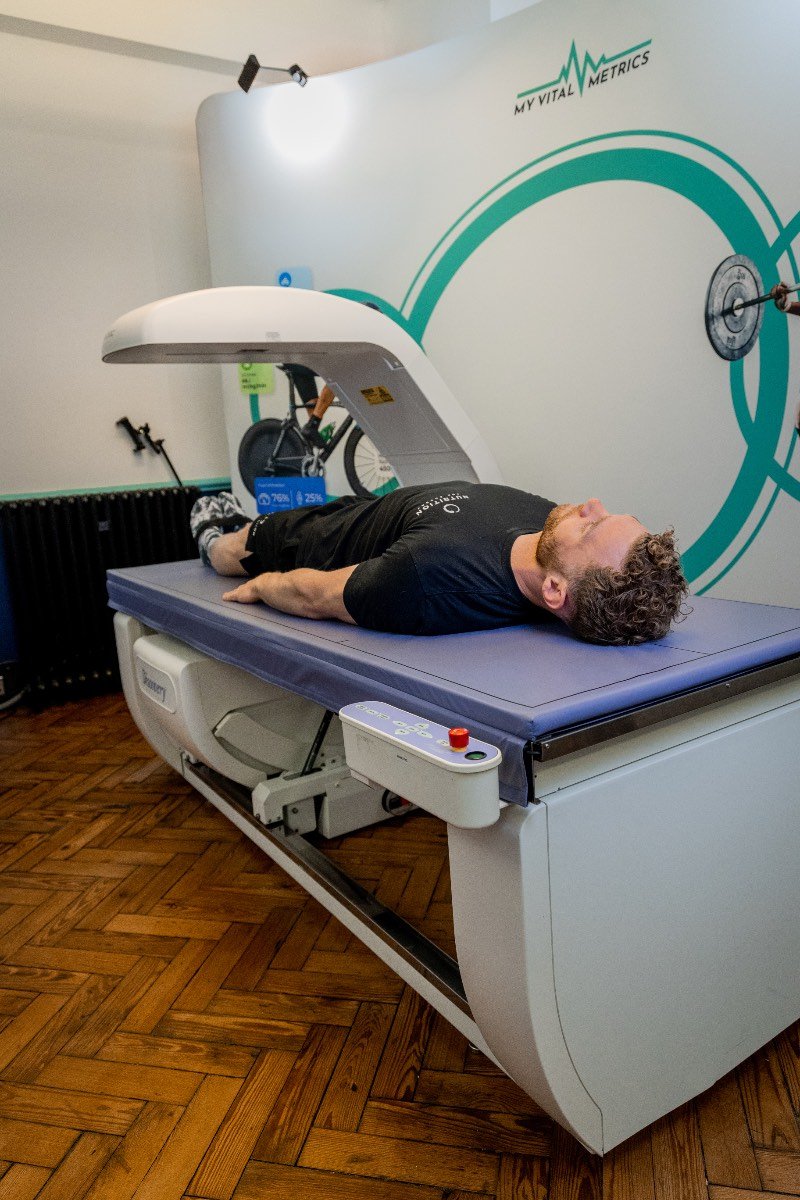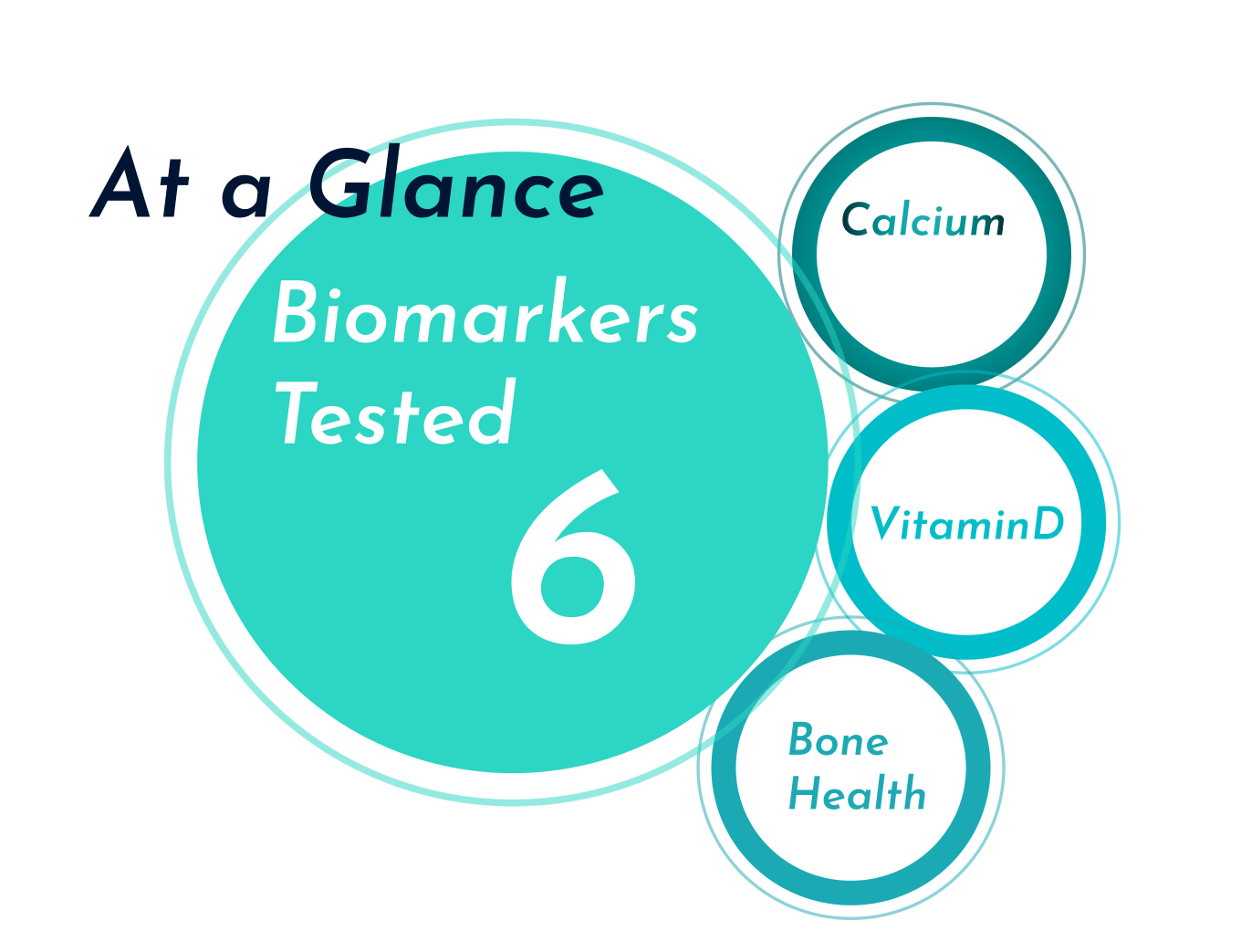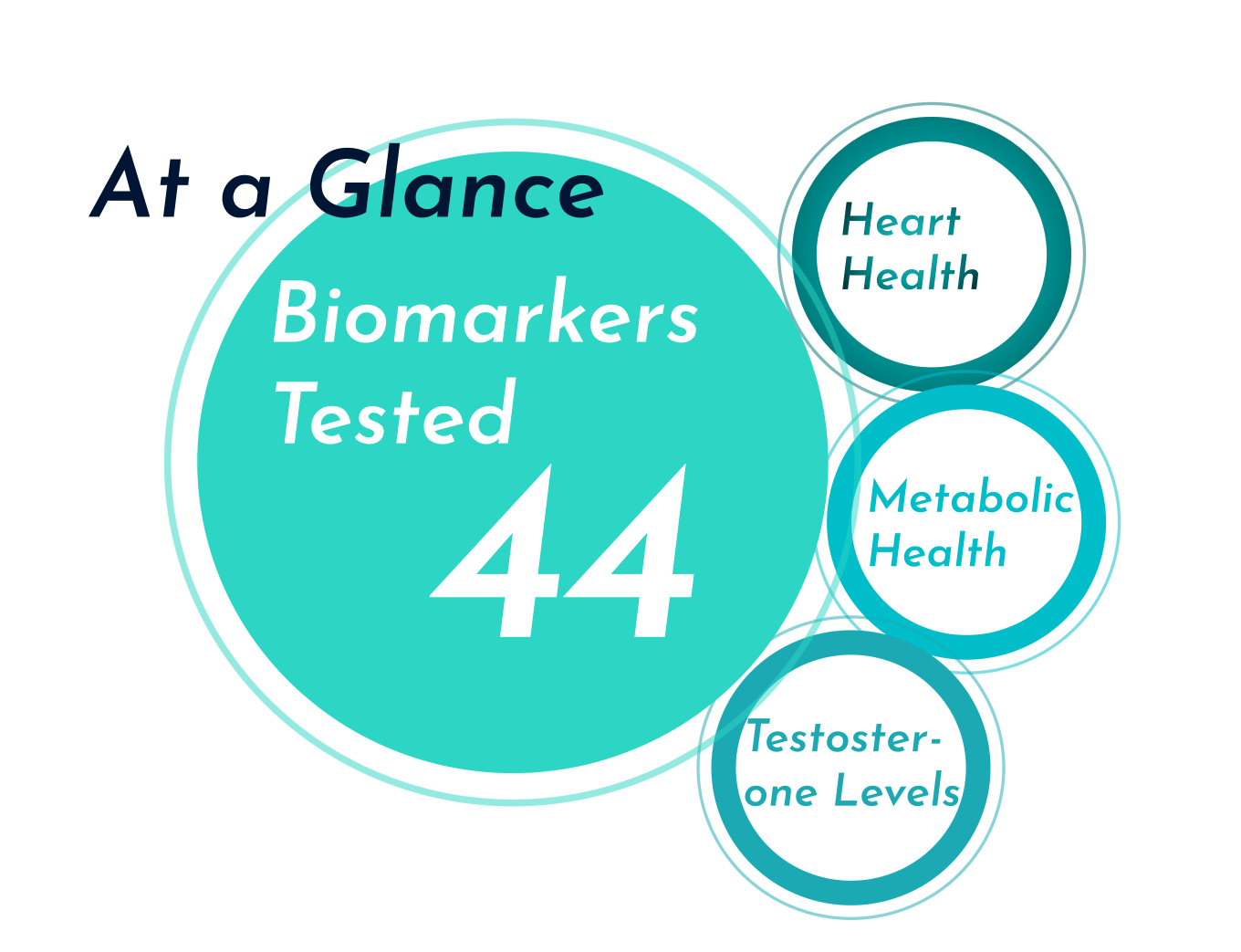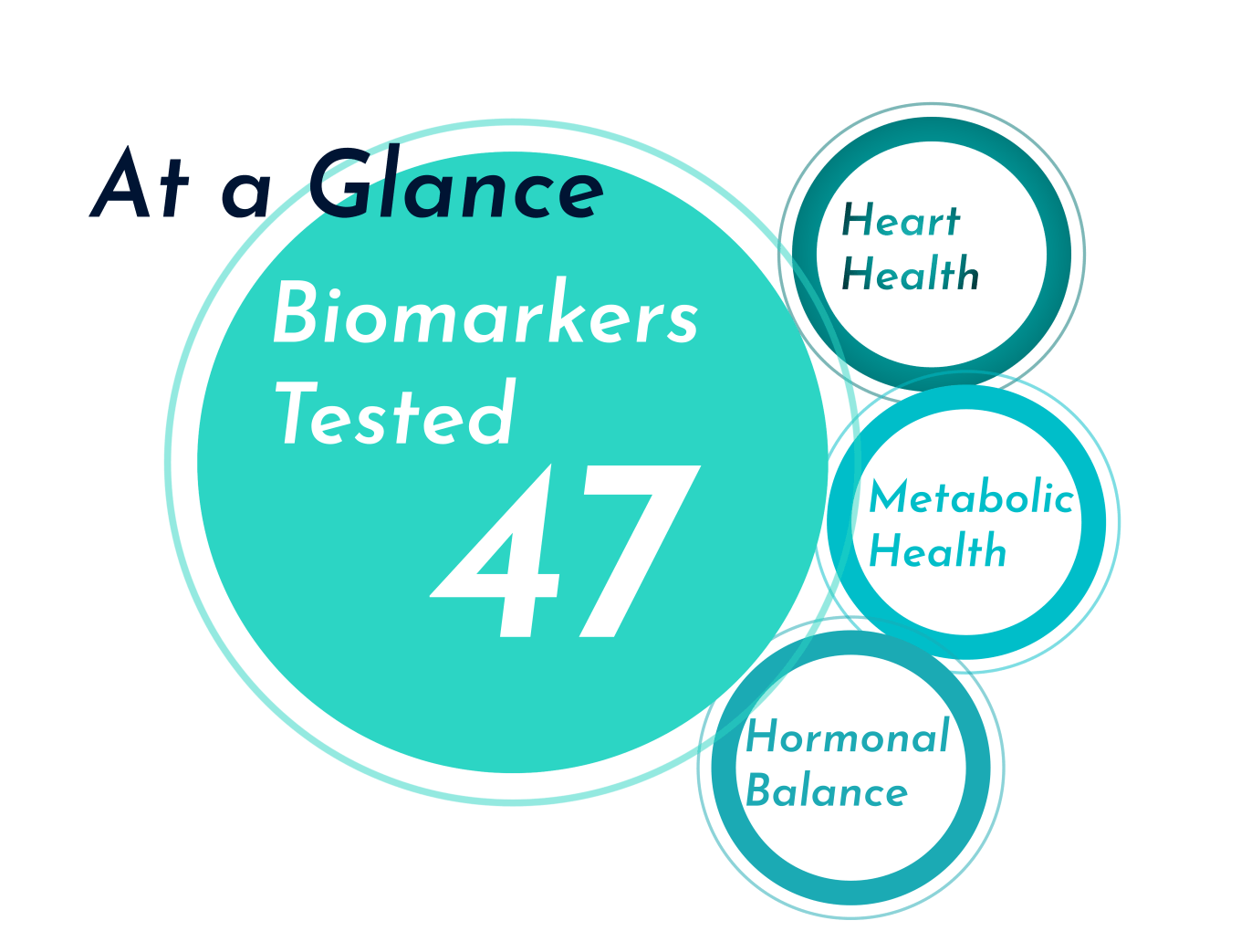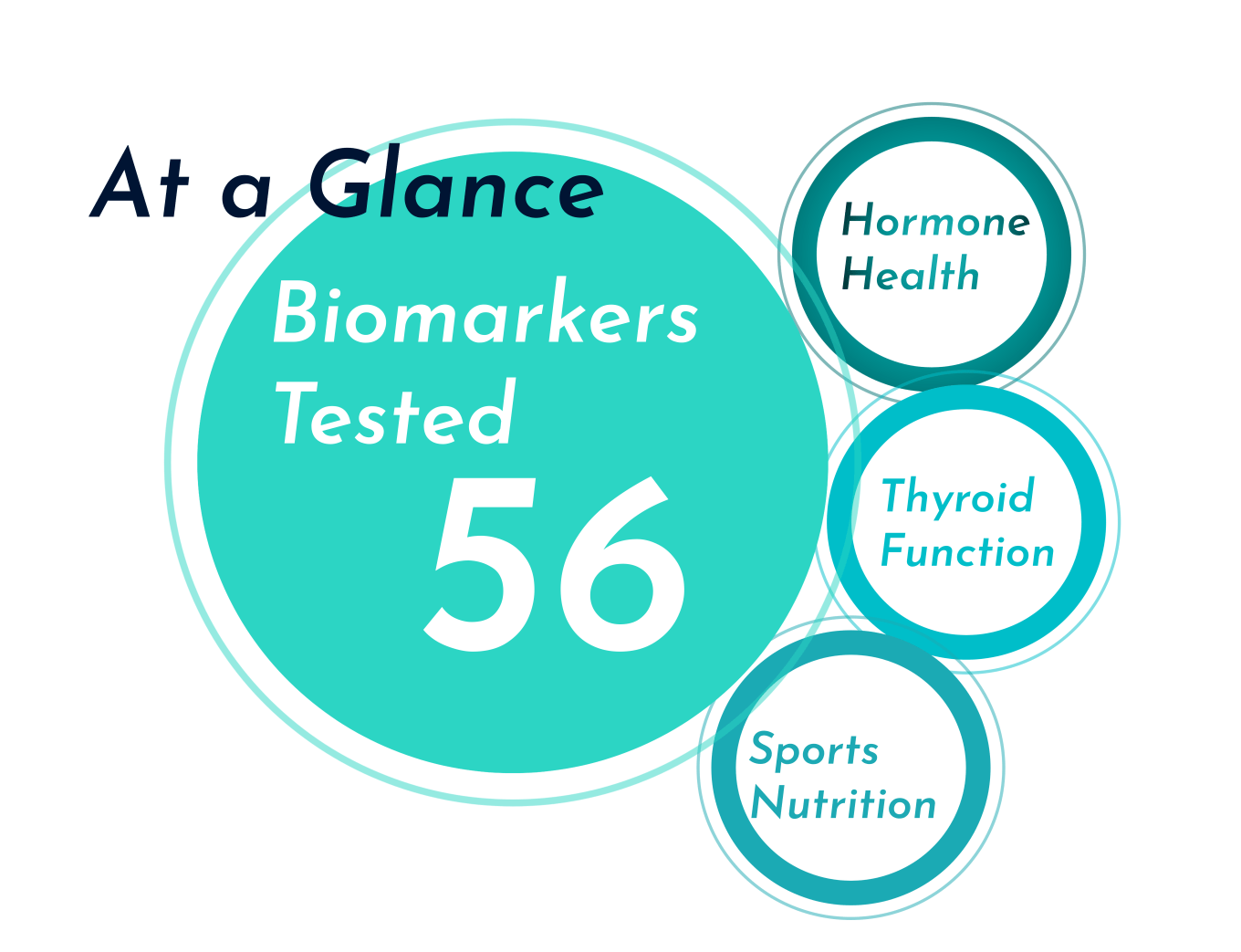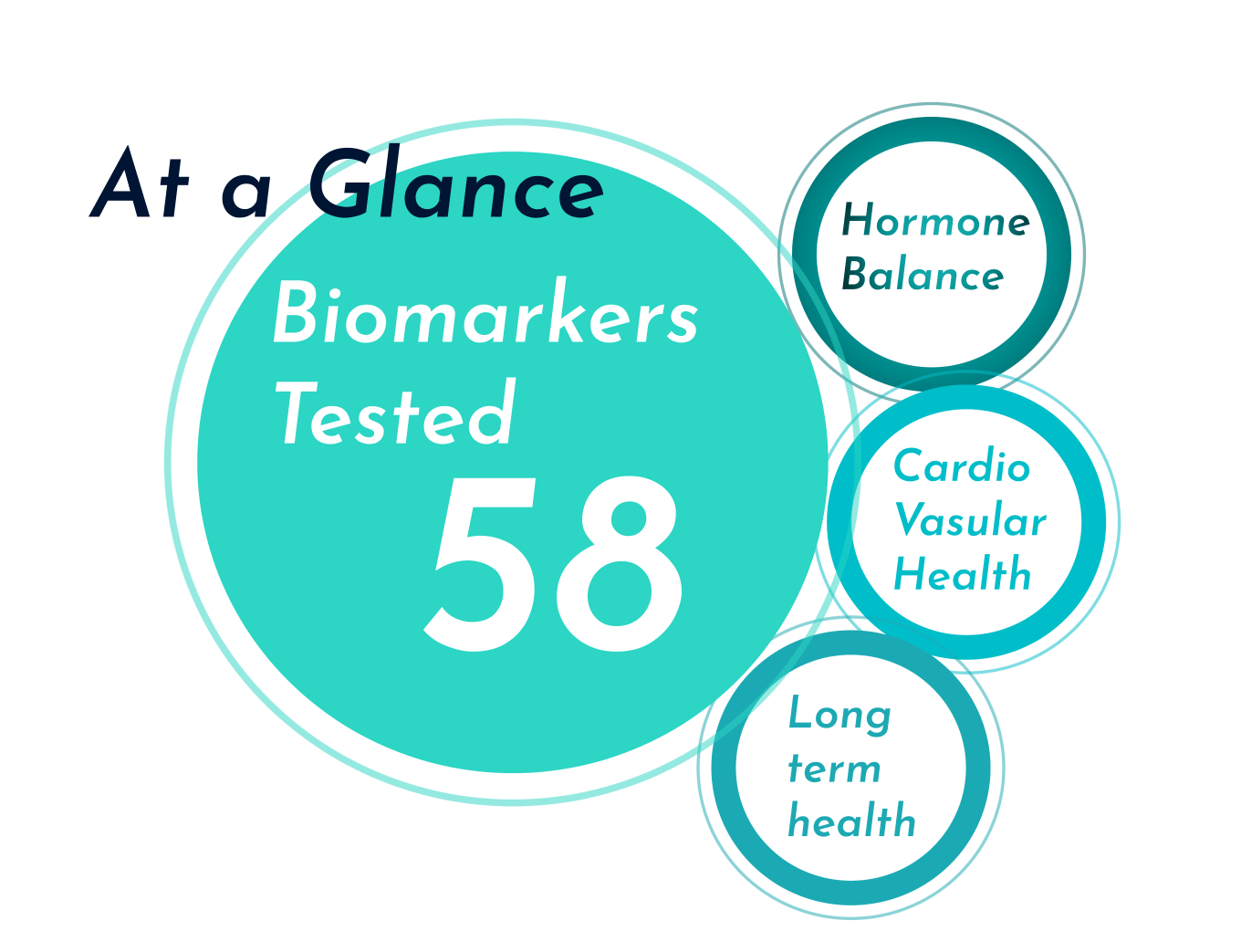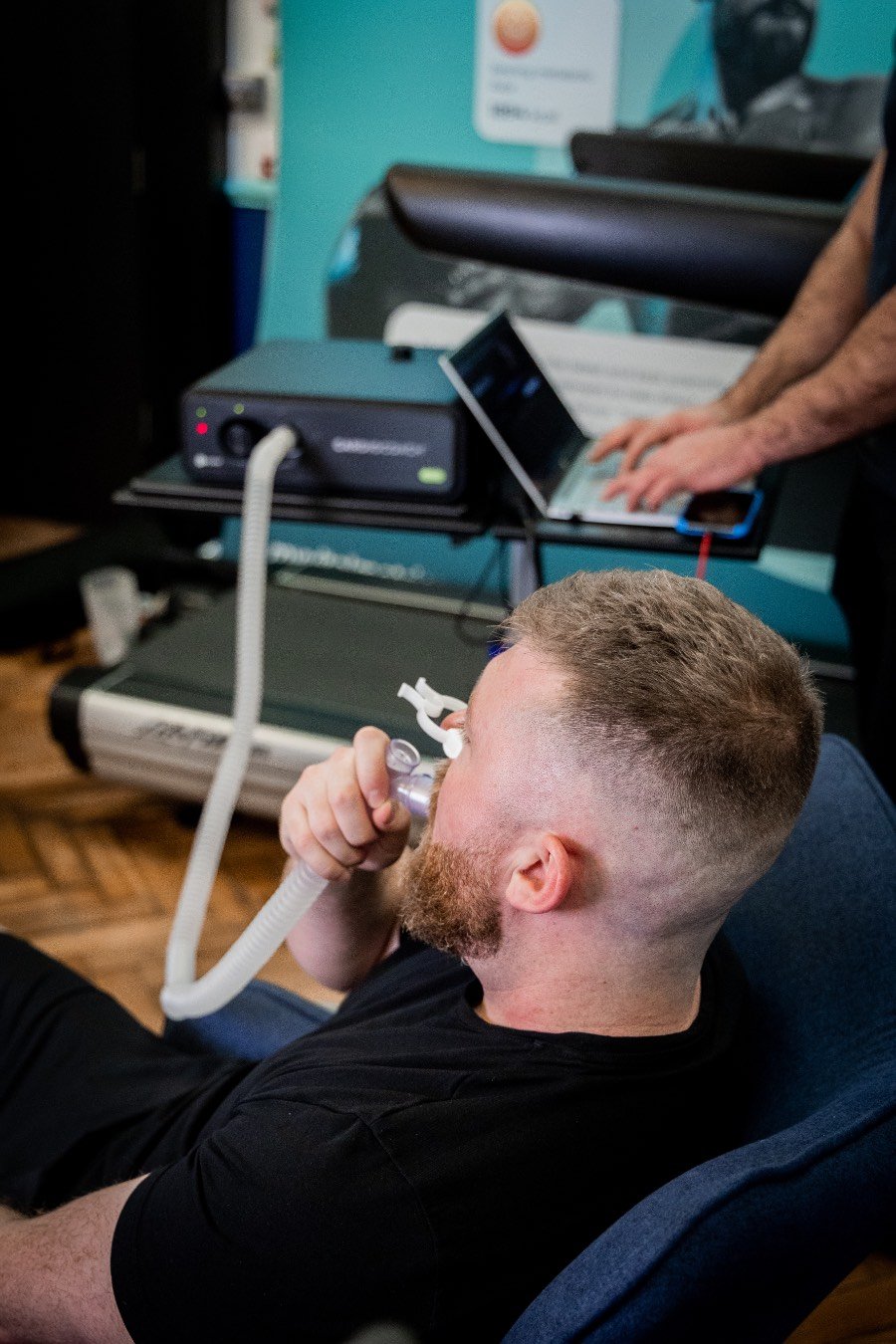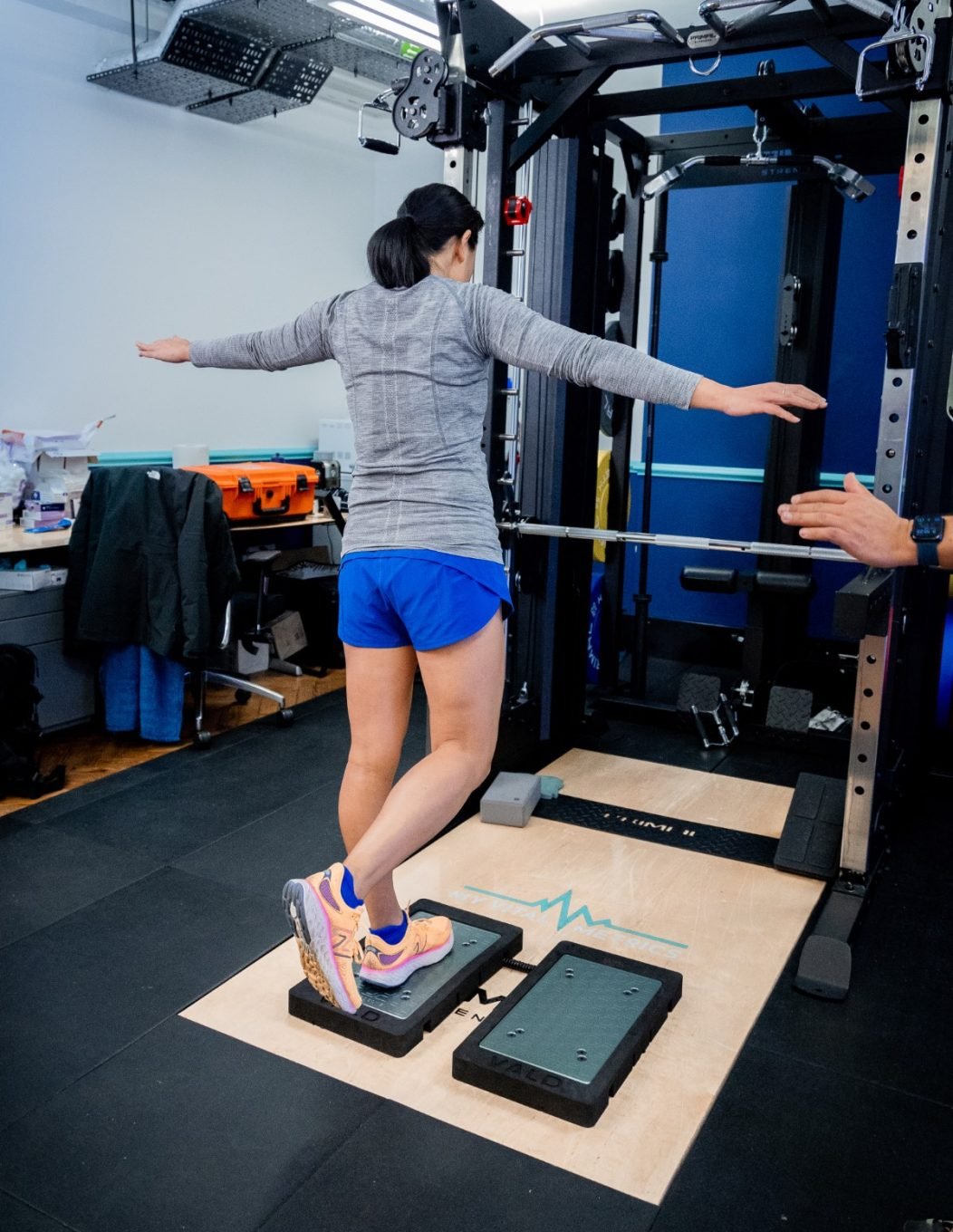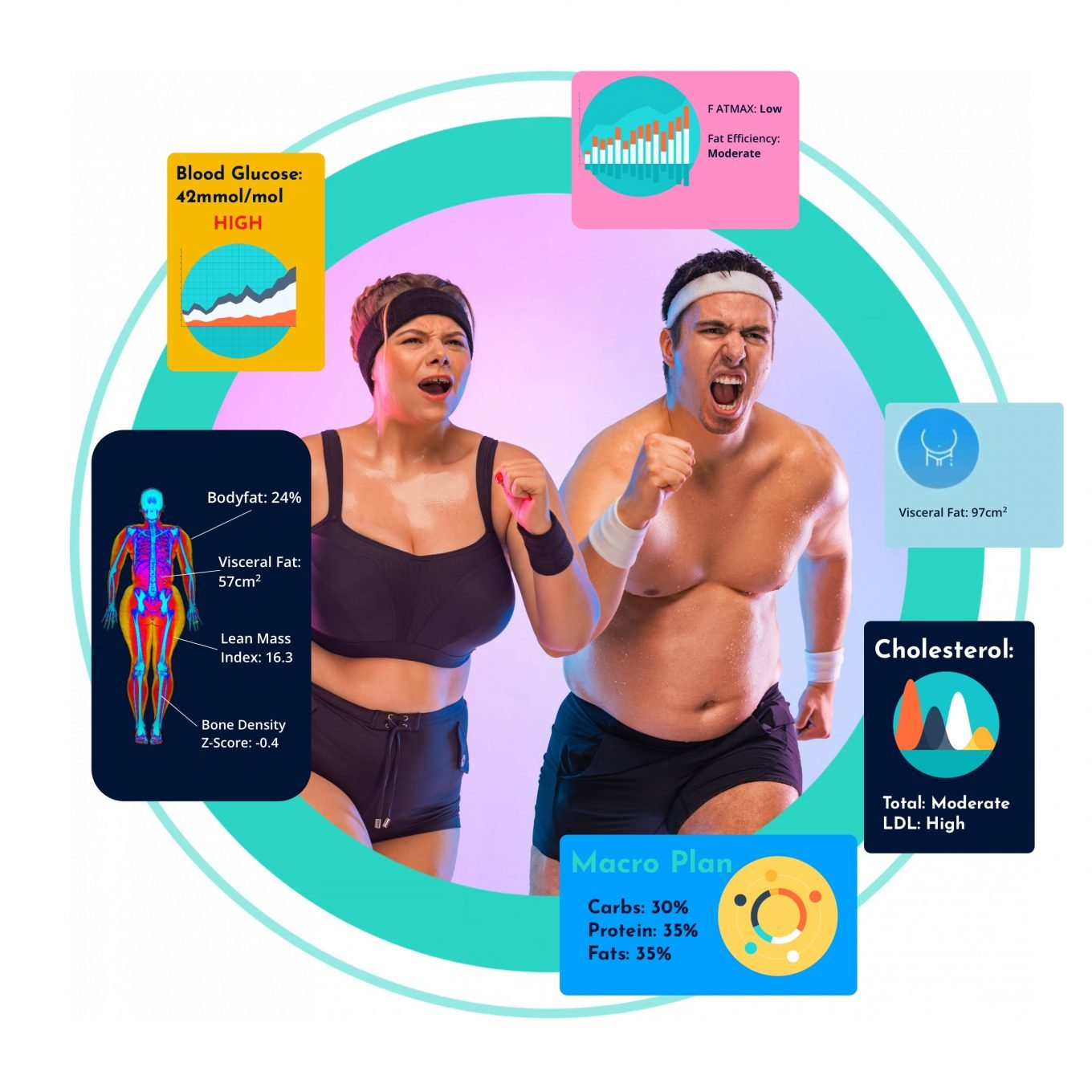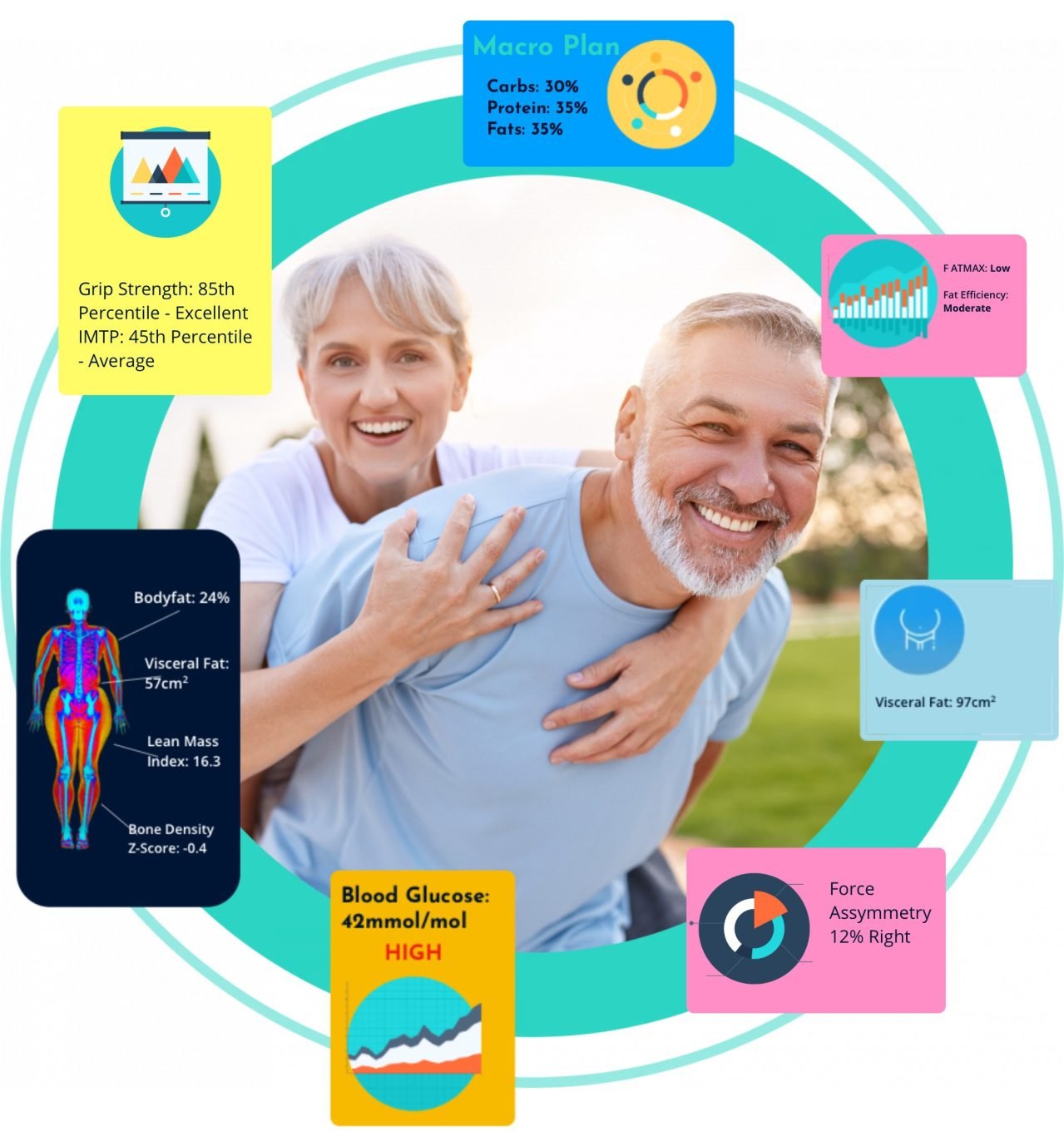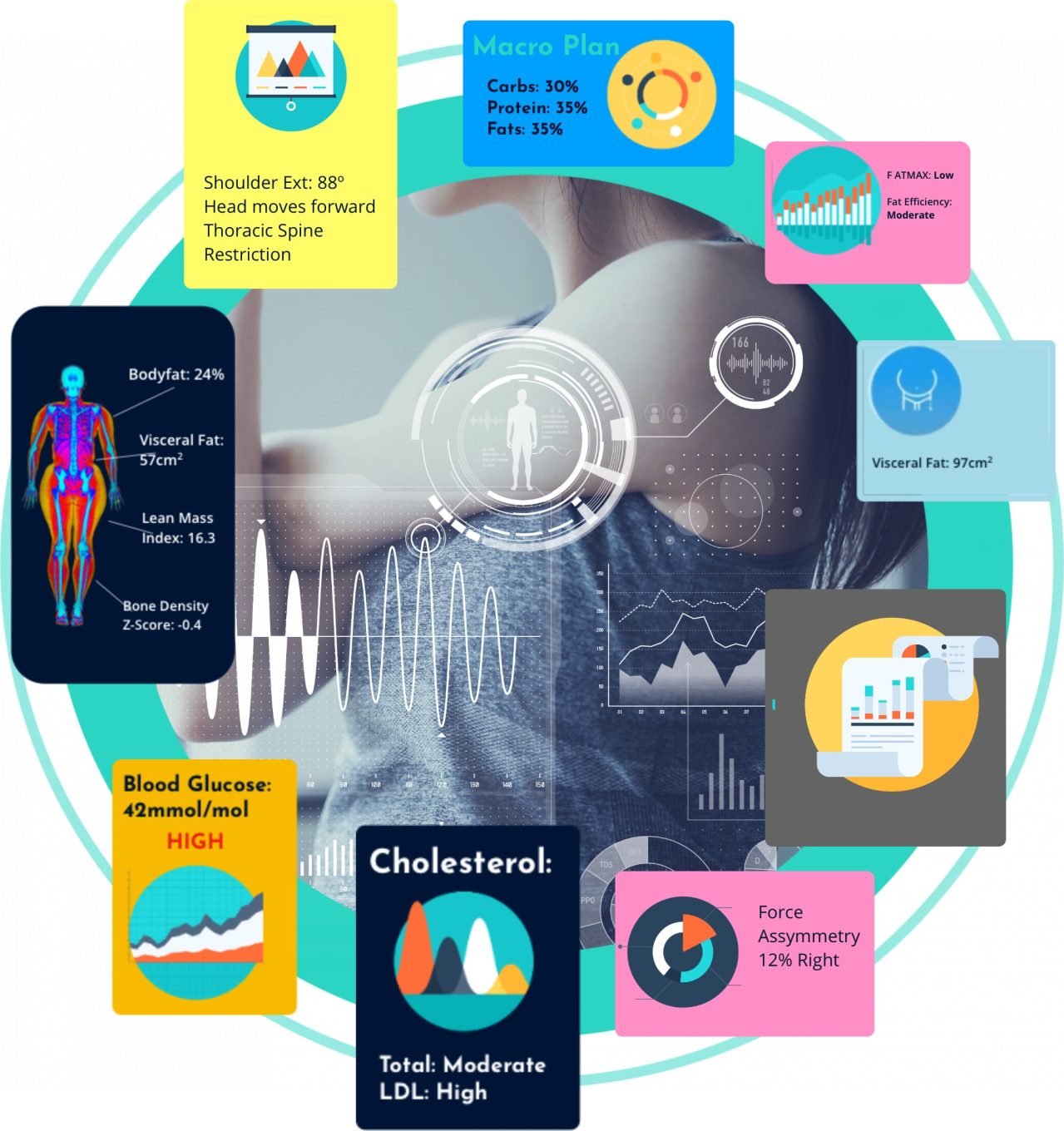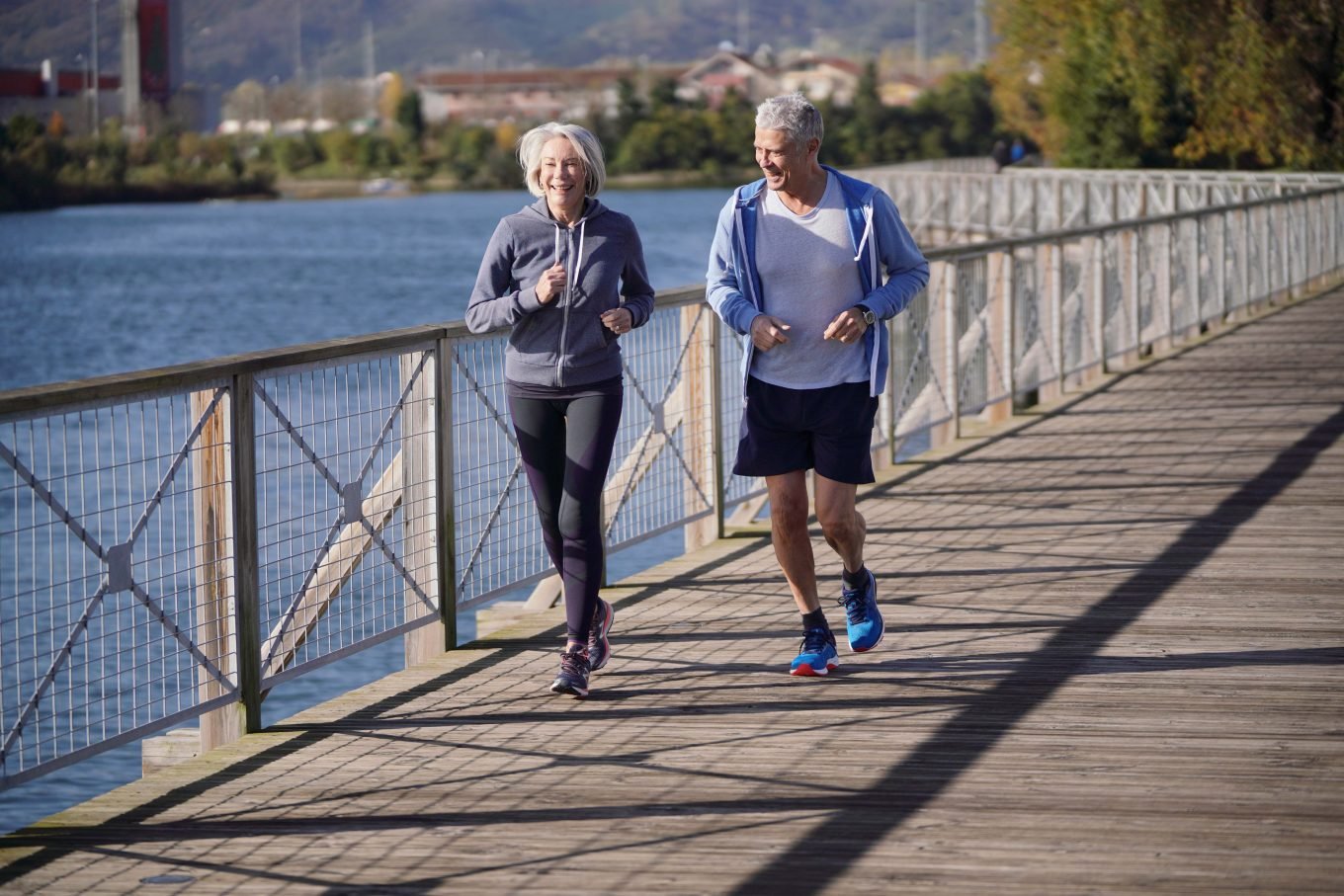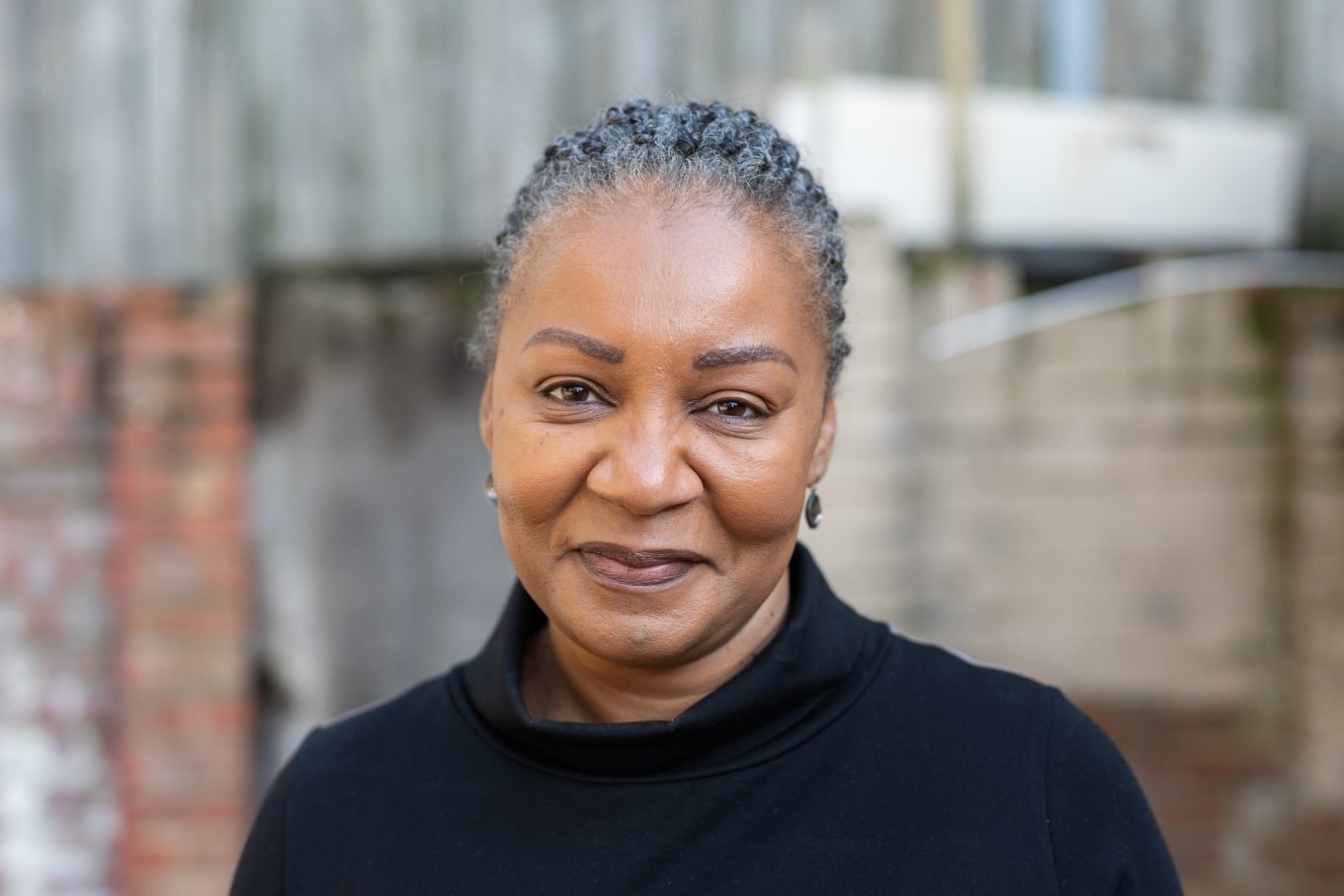There’s a lot of research on individual behaviours that promote or decrease longevity. We’ve sifted through the data to round up the top 9 actions for healthy ageing – let’s get into them.
Stop smoking
One of the most impactful choices you can make to promote healthy ageing – and healthy living at any age – is to quit smoking.
After the age of 35-40, a year of smoking reduces a person’s lifespan by approximately 3 months. Smoking is an established mortality risk, increasing the chance of death from all causes, and is linked to the development of over 50 health conditions. Not only is smoking one of the biggest causes of death and illness in the UK but it is specifically linked to lower well-being for older adults, with current smokers experiencing higher rates of depression than ex-smokers or those who have never smoked.
Quitting smoking can be a challenge when done on willpower alone, but help is available. Reach out to your GP for more advice on how to quit successfully, or check out NHS Smokefree for more information.
Eat a varied, healthy diet that promotes longevity
It’s no secret that the food we eat has a huge impact on our overall health, and it can also work to promote – our limit – our longevity.
Eating healthily to promote ageing well doesn’t need to be overly restrictive, either in terms of caloric intake or the omission of specific foods. Rather, focus on creating colour and variety in your meals, and eating regularly.
Research suggests it can be beneficial for longevity to base your diet around the following food types:
- Fruits and vegetables
- Whole grains
- Nuts
- Legumes
- Fish
- White meat
- Eggs and dairy products
And limit consumption of the following food types:
- Processed meat
- Red meat
- Refined grains
- Sugar-sweetened beverages
A Mediterranean diet, high in fruits and vegetables, whole grains, pulses, and healthy fats, remains a great dietary option for many people. The “diet” (which focuses on an overall style of eating without restricting food groups entirely) has been shown to protect against various cancers and cardiovascular disease while improving longevity.
Other diets, including those that feature caloric restriction, intermittent fasting (IF), or periodic fasting (PF) have been shown to have a positive effect on lifespan extension in animal studies. More research is needed to establish whether these eating patterns show the same effects in humans.
Stay physically active – or create new opportunities for movement
Being physically active is a crucial factor in ageing well, and a habit that is well worth establishing early.
Staying active can lower our risk of heart disease, stroke, diabetes, and cancer, boost self-esteem and overall well-being, improve sleep, and increase energy. Moderate to vigorous physical activity has the wide-reaching benefit of improving cardiovascular health, improving the body’s ability to circulate blood and supply muscles with oxygen. The best way to assess cardiovascular fitness and aerobic endurance is through a VO2 Max test. Not only is the VO2 Max the gold standard measurement of aerobic fitness, but it’s also a metric that has been closely linked to longevity.
Physical activity in older adults is linked to independent living, access to social support, improved immunity, and resistance to illness. If you’re already active, then maintaining this is one of the best things you can do to maintain mobility and independence. If you’re not active, then creating new opportunities for movement – even if that’s as small as a short walk or time spent stretching – can help pave the way to a healthier future.
Keep your brain active
Just as staying physically active is important to healthy ageing, so is staying mentally active. Cognitive stimulation plays an important role in staying sharp as we age, as cognitive decline becomes more likely. Cognitive decline can involve changes to working memory, decision-making, processing speed, and executive function, and have a significant negative impact on quality of life in later years.
Taking care of our physical health can help to prevent cognitive decline, as can engaging in intellectually stimulating activities, maintaining social connections, and learning new things. The phrase “use it or lose it” applies to our cognitive capacities as well as muscles! From engaging in meaningful activities or hobbies, volunteering, or spending time with others, to completing brainteasers or puzzles, reading, or learning a new skill or language, there are endless ways to stay active and engaged as we age.
Reduce alcohol consumption
The effects, benefits, and risks of alcohol consumption are heavily researched. Research consistently finds that heavy alcohol consumption is linked to a higher risk of cardiovascular disease (CVD). However, there is wide debate over the effects of moderate alcohol consumption, with some studies suggesting moderate consumption might even be beneficial to our health and longevity.
Dr. Peter Attia recently drew attention to this topic, highlighting the role reduction of alcohol consumption can play for cardiovascular health. A cohort study of 371,463 individuals found that all levels of alcohol consumption had a negative impact on cardiovascular health and that this was a linear relationship that saw heavier alcohol consumption linked to a higher risk of CVD. This means that any reduction in alcohol consumption has the potential to be beneficial for our health, whether or not total abstinence is the goal.
Stay well hydrated
Staying hydrated might sound obvious as a healthy habit, but it’s estimated that only 53% of the UK population is optimally hydrating each day! Dehydration can lead to serious health outcomes and can be exacerbated in the elderly.
A 2023 study found that dehydration – leading to increased serum sodium – was associated with increased biological age, the development of chronic disease, and death at a younger age. To stay well hydrated, aim to drink 6-8 glasses of plain water per day. The NHS notes that lower-fat milk and sugar-free drinks can also be good options for staying hydrated.
Make sleep a priority
Sleep is essential for bodily growth, healing, and repair. As we age, sleep can become harder to come by – sometimes due to pain, nausea, medication, or an existing sleep disorder, and sometimes for no discernible reason. Our circadian rhythms can change with age, and insufficient exposure to daylight can exacerbate this. Poor sleep is linked to a variety of negative health outcomes in older age and can contribute to cognitive decline.
Sticking to a regular sleep schedule and setting yourself up for quality, restorative sleep can help to minimise the negative impact of ageing on your sleep. Identifying any root causes of sleep difficulties (such as pain, insomnia, stress, or sleep apnea) can help tackle these head on. Maintain social connections
Take care of your mental health
Around 14% of adults over 60 live with at least one mental health condition, with anxiety and depression being the most common. Taking care of our mental health is a key part of ageing well, and there are a variety of ways to do so. Managing stress, maintaining social connections, engaging in meaningful activities, getting time outside in nature, and staying active are all great ways to prioritise taking care of our mental health.
Many of the healthy habits on our list have intersecting effects and benefits. For example, maintaining mobility can open up avenues for greater social interaction and independence, and have a positive knock-on effect on mental health.
What else can we do?
In his book, Outlive: The Science and Art of Longevity, Dr. Peter Attia addresses the ‘4 horsemen of chronic disease’’ – cardiovascular disease, type 2 diabetes, cancer, and dementia (and other neurodegenerative diseases). These four disease areas account for 80% of deaths in non-smokers over the age of 50, and working to prevent them is one of the best actions we can take to live well for longer.
Many of the healthy ageing tips shown in this article will help to reduce the incidence of these diseases or protect from them, but Dr. Attia advocates there is nothing that can substitute getting tested.
Knowing your risk factors and addressing them is hugely important. This means knowing your cholesterol figures, and getting appropriate treatment if necessary to manage this, knowing your blood sugars and managing this with lifestyle before it becomes an issue, knowing your body composition and muscle mass and working to build these into the most health-promoting composition for you, and where there is known incidence of cancer in the family, getting early screening for this.
This knowledge, arising from regular testing, will ensure that you are on the best path to ageing well.
Ready to outlive your years?
